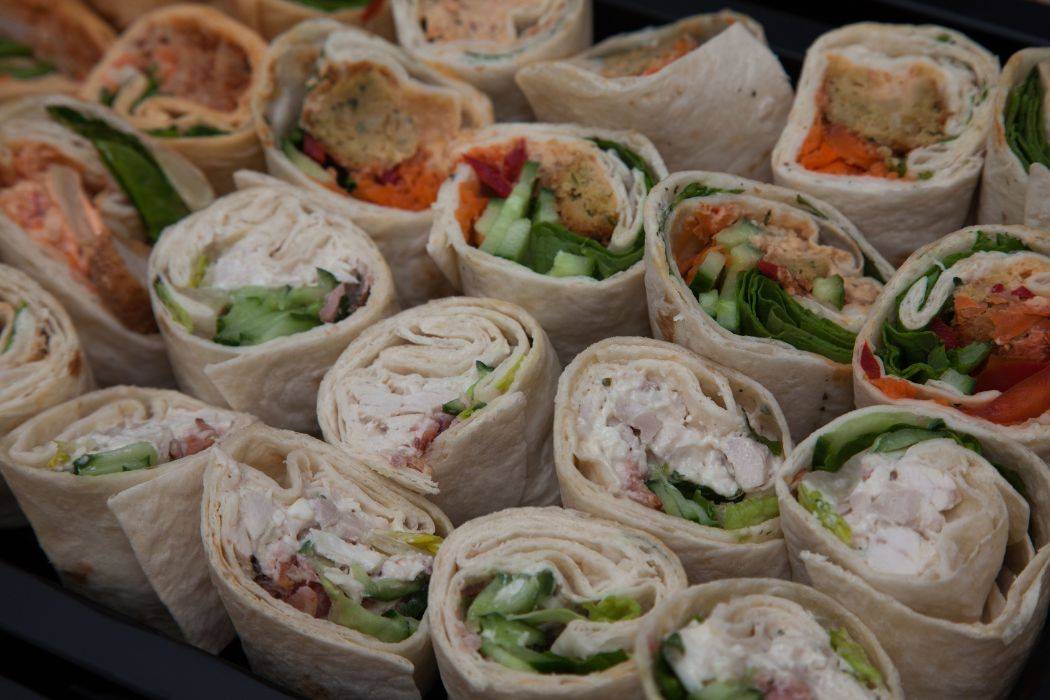Heading out on a road trip? Think about this: every fast-food stop nibbles away at your wallet, turning your adventure into a costly affair. Imagine swapping those pricey, greasy meals with your own delicious, wallet-friendly snacks. This article is your roadmap to eating well on the go, without burning a hole in your pocket.
We’ll guide you through a feast of easy, healthy, and budget-friendly food options, turning your car into the ultimate moving diner. Get ready to fuel your journey and your appetite, economically.
Pack homemade sandwiches, granola, and pre-cooked meals for road trips to cut costs. Opt for bulk-bought snacks like nuts and fruits. This approach saves significantly compared to dining out, ensuring both economical and healthier eating on the go.
How Much Can You Save
The cost of eating out during road trips can quickly add up. For instance, a family of four could easily spend around $40 to $50 on a single meal at a fast-food restaurant. Over a week, this could total up to $280-$350 just for one daily meal.
In contrast, groceries for preparing similar meals could cost significantly less, perhaps around $100-$150 for the week, saving you potentially over $200.
Smart Food Choices for Cost-Efficient Road Tripping
1. Sandwiches and Wraps

Homemade sandwiches or wraps are significantly cheaper than fast food. A sandwich made at home might cost around $2-$3, compared to $5-$10 at a restaurant.
Using whole-grain bread or wraps, lean meats, and plenty of vegetables can provide a balanced meal with fiber, protein, and essential vitamins.
2. Fruits and Vegetables
Buying fruits and vegetables in bulk can be economical. A bag of apples or carrots might cost the same as a single serving of fries.
They are rich in vitamins, minerals, and fiber, promoting digestion and providing essential nutrients.
3. Nuts and Seeds
Bulk nuts and seeds are less expensive and have a longer shelf life than packaged snacks.
They are a great source of healthy fats, proteins, and fiber, contributing to heart health and sustained energy levels.
4. Homemade Granola or Energy Bars
Homemade bars can be made in bulk at a fraction of the cost of store-bought ones.
Controlling the ingredients allows for less sugar and more whole grains, nuts, and seeds, offering a healthy energy boost.
5. Yogurt and Cheese
Buying yogurt and cheese in larger quantities can be more cost-effective than individual servings.
They provide calcium and protein, essential for bone health and muscle repair.
6. Hard-Boiled Eggs

Affordable: Eggs are inexpensive and can be cooked in advance. A great source of protein and vitamins, they are filling and nutritious.
7. Pre-Cooked Meals
Cooking meals in advance can save money compared to eating at restaurants.
Home-cooked meals can be tailored to dietary needs and preferences, ensuring a balanced intake of nutrients.
Additional Tips For Saving Money
- Plan Your Meals: Create a meal plan to avoid impulse buys.
- Use a Cooler: A good cooler can keep perishable items fresh, reducing the need to eat out.
- Buy in Bulk: Purchase snacks and staples in bulk to save money.
- Avoid Convenience Stores: Prices at convenience stores are typically higher. Plan grocery store stops instead.
- Reusable Water Bottles: Refill water bottles instead of buying bottled water.
Smart Meal Planning For Road Trips: Saving Money On Every Meal
Breakfasts: Starting Your Day Economically
- Meal Ideas: Opt for portable, no-fuss options like homemade granola, yogurt with fruit, or pre-made breakfast burritos.
- Savings Strategy: Preparing these items at home can cut costs significantly. For instance, a homemade granola batch might cost the same as a single store-bought yogurt parfait. Utilize bulk-purchased ingredients like oats and yogurt to maximize savings.
- Additional Tip: Use a thermos for hot beverages instead of buying coffee on the go, saving around $3-$5 per person daily.
Lunches: Midday Meals on a Budget
- Meal Ideas: Sandwiches, wraps, and salads are perfect for lunch. Use whole grain bread, fresh veggies, and deli meats for a filling meal.
- Savings Strategy: Buying deli meats and cheeses in bulk and slicing them yourself can be much cheaper than pre-packaged options or eating out. For example, a homemade sandwich might cost around $2, compared to $8-$10 at a roadside diner.
- Additional Tip: Pack reusable containers to keep salads and sandwiches fresh, avoiding the need for single-use packaging.
Dinners: Economical Evening Eats
- Meal Ideas: Pre-cooked meals like pasta salads, cold chicken dishes, or hearty wraps are great for dinner. They can be made in large batches before the trip.
- Savings Strategy: Cooking in bulk and using ingredients like pasta and rice as bases can be extremely cost-effective. A large batch of pasta salad might cost the same as a single restaurant meal for one.
- Additional Tip: If your accommodation has a grill or kitchenette, consider a simple cookout with items like burgers or grilled veggies, which are cheaper than dining out.
Snacks for the Car: Affordable Munching
- Meal Ideas: Trail mix, fruit, veggie sticks, and homemade energy bars are perfect for snacking.
- Savings Strategy: Bulk-buying nuts, seeds, and dried fruits for trail mix can be much cheaper than pre-packaged snacks. Homemade energy bars using oats, honey, and nuts are cost-effective and healthier than store-bought alternatives.
- Additional Tip: Avoid the temptation of gas station snacks by having a variety of options on hand. This not only saves money but also time by reducing unnecessary stops.
Conclusion
Bringing your food on a road trip is a smart strategy that offers dual benefits: significant cost savings and healthier eating options. By preparing meals like sandwiches, granola, and salads, and opting for bulk-purchased snacks such as nuts and fruits, travelers can avoid the high costs and often unhealthy choices of roadside dining.
This approach not only keeps your budget in check but also adds an element of personal touch to your journey, making it more enjoyable and memorable.
So, next time you hit the road, remember that a little planning in your food choices can go a long way in enhancing your travel experience.
I’m Grayson Watson, your frugal companion and the brain behind this money-saving extravaganza. Strap yourself in, because we’re about to embark on a wallet-friendly adventure like no other. Learn More!

